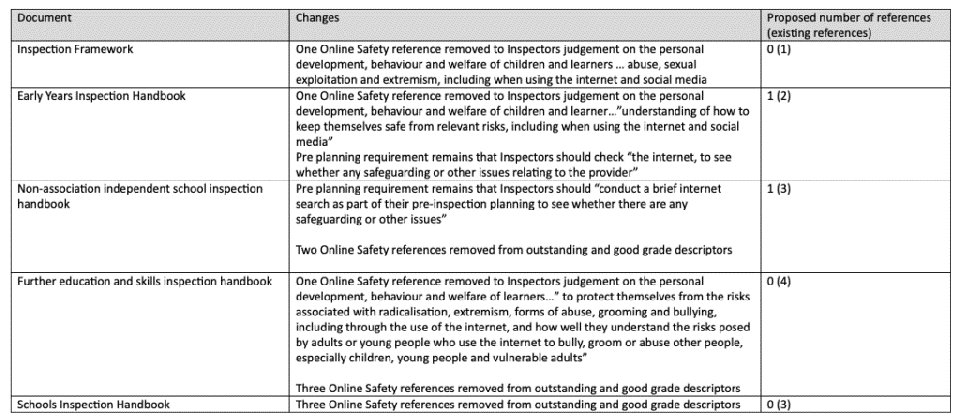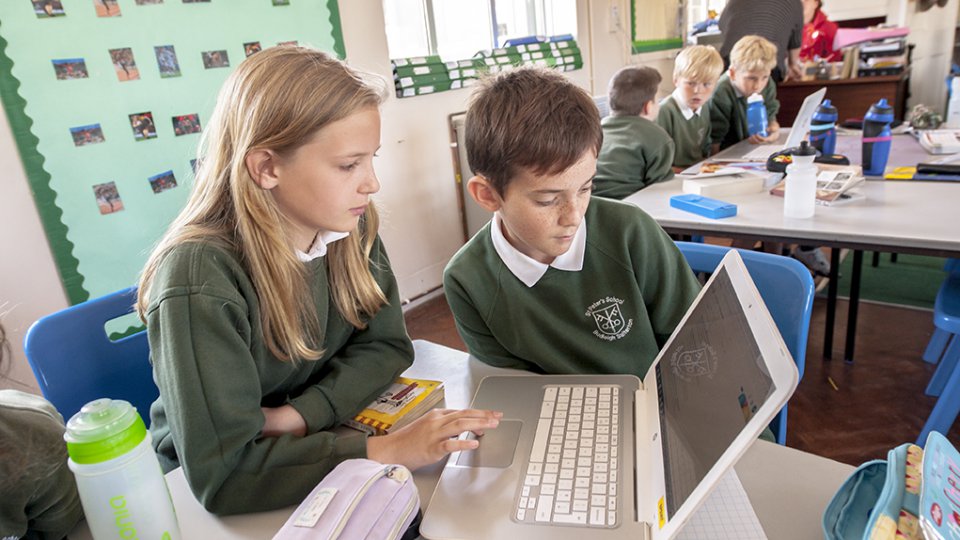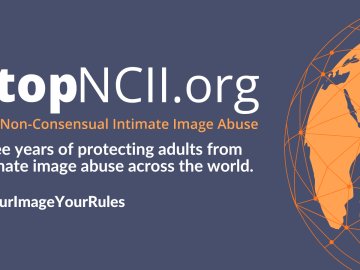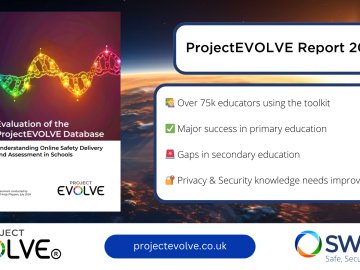If you work in education in England, you may already be aware of the proposed changes to Ofsted inspection schedules that affect early years, maintained schools and academies, non-association independent schools and further education and skills. The draft inspection handbooks for those remits are published HERE. Ofsted is keen to seek views on their proposals for changes to the education inspection framework from September 2019 and have published a consultation that can be completed either in an e-mailed FORM or LIVE ONLINE. This consultation closes at 11:45pm on 5 April 2019.
SWGfL, as one of the leading online safeguarding charities in the UK, feels this is a unique opportunity for a concerted response from those in education to ensure a continued commitment from the inspectorate to highlight the role of technology as a significant component in a school's wider safeguarding strategy.
SWGfL was disappointed to see that the only references that remain in the proposed documents are that inspectors should do an internet check for safeguarding incidents for EY and non-association independent schools. In terms of online safety, we have seen a total of 13 separate references across all documents reduced to 2.

SWGfL has continually evidenced through their annual reports that the existing statements and Ofsted's inspection focus on online safeguarding has made a significant contribution to a school's capacity to protect children from harm.
Call To Action
We encourage all schools and agencies whose daily experience of these issues warrants concern, to make those views heard through the current opportunity the consultation provides. The more weight we can lend to this issue, the greater our ability to affect change.
SWGfL's response to the relevant sections of the Ofsted consultation follows.
To what extent do you agree or disagree with the proposal to introduce a ‘quality of education’ judgement?
The new proposal, whilst ensuring that what is taught in schools still has rigour and clarity, allows leaders the professional latitude to engineer those aspects of the curriculum that are not so easily driven by data but meet the needs, culture and perspective of their school ethos and community.
Schools with more challenging intake e.g. in areas of high social deprivation or with an SEN focus, may very well feel more justified in weaving into their existing curricula, aspects that focus on , for example, mental and physical health and well-being.
To what extent do you agree or disagree with the proposed separation of inspection judgements about learners’ personal development and learners’ behaviour and attitudes?
These two components are rich in interpretation and whilst I understand the need for effective behavioural strategies to support learning, there are broader implications regarding shaping young people’s behaviour and attitudes in “preparing them for life in modern Britain”.
Your research indicates that “setting high expectations for learners and creating a positive climate characterised by respectful interactions are very important elements of educational effectiveness” but those same positive climates also promote an effective safeguarding culture that not only benefits the school, but children’s interactions beyond the school’s “geography and timetable”.
This was clearly referenced in the previous frameworks and is noticeable by its absence in the EIF draft, in particular references to online safety and security e.g. one online safety reference removed from the previous framework referred to “Inspectors judgement on the personal development, behaviour and welfare of children and learners … abuse, sexual exploitation and extremism, including when using the internet and social media”
In both section 175 of the Education Act 2002 and DfE statutory guidance “Keeping Children Safe in Education” there are clear references to the duty of care schools have to their community in terms of online safety and security, outlining the creation of safe online spaces and effective staff development. One of the main drivers of school improvement in these aspects over the last 5 years (ref: UK Schools Online Safety Policy & Practice: SWGfL; Plymouth University) has been Ofsted’s intent to make judgements on this key aspect of a school’s safeguarding effectiveness.
SWGfL have supported Ofsted in training all HMIs and regional inspector groups to best interpret evidence and make these judgements. We feel that a clear reference to this in the framework will not only continue to drive improvement and contribute to personal development; behaviour and attitudes but also build in young people, a positive approach that will allow them to flourish within and contribute to society online.
Given there is an intent to reduce and clarify what is a complex inspection framework and to reduce school/teacher workload, we feel there is capacity and worth to reference this critical aspect with a simple clear statement e.g.
“Inspectors must evaluate the effectiveness of school leadership in educating and supporting the school community with online safety and security issues and regard the impact on safeguarding; personal development and well-being”.
Please use this box to record any additional comments in relation to the detail set out in the early years draft inspection handbook.
Ofcom Media Use and Attitudes Research 2018 identifies 3-4 year olds having the largest technology adoption rate compared with other age demographics. In the UK, 21% of 3-4 year olds own their own device. Many arrive at Early Year settings with a range of sophisticated skills and expectations regarding technology, but also a set of behaviours and attitudes modelled by parents who were the vanguard of what we now know as “the digital generation”
There has never been a more apposite period than now to ensure the settings they find themselves in are not only safe places to be but are effective in shaping those behaviours and attitudes towards positive outcomes.
Whilst a pre-planning requirement remains in the draft EY Inspection handbook, that Inspectors should check “the internet, to see whether any safeguarding or other issues relating to the provider” a significant omission is the reference to Inspectors judgement on the personal development, behaviour and welfare of children and learner…”understanding of how to keep themselves safe from relevant risks, including when using the internet and social media”.
Whilst we understand there is clear signposting to the ‘Inspecting safeguarding in early years, education and skills settings’ framework we feel the inclusion of a simple statement that outlines clearly a setting’s duty of care in providing not only safe spaces online for young children to be, but also how they educate young children to be safe and secure users of technology e.g.
“Inspectors must consider leader’s intent regarding the impact of online safety on the personal development; behaviour and attitudes of young children”.
General statements in the other remit sections
As in previous statements, three references to online safety have been removed from outstanding and good grade descriptors.
Given the clear outcome in “Are the provider’s safeguarding arrangements effective?”, we feel that this aspect of wider safeguarding strategy should be clear and reinstated.
SWGfL will continue to campaign on behalf of children, young people and the professionals who support them:
- to ensure the right guidance, support, tools and services are available
- to influence statutory guidance that is clear and meaningful
- to ensure all children's settings are confident in shaping the environments that allow their community to flourish in their use of technology






